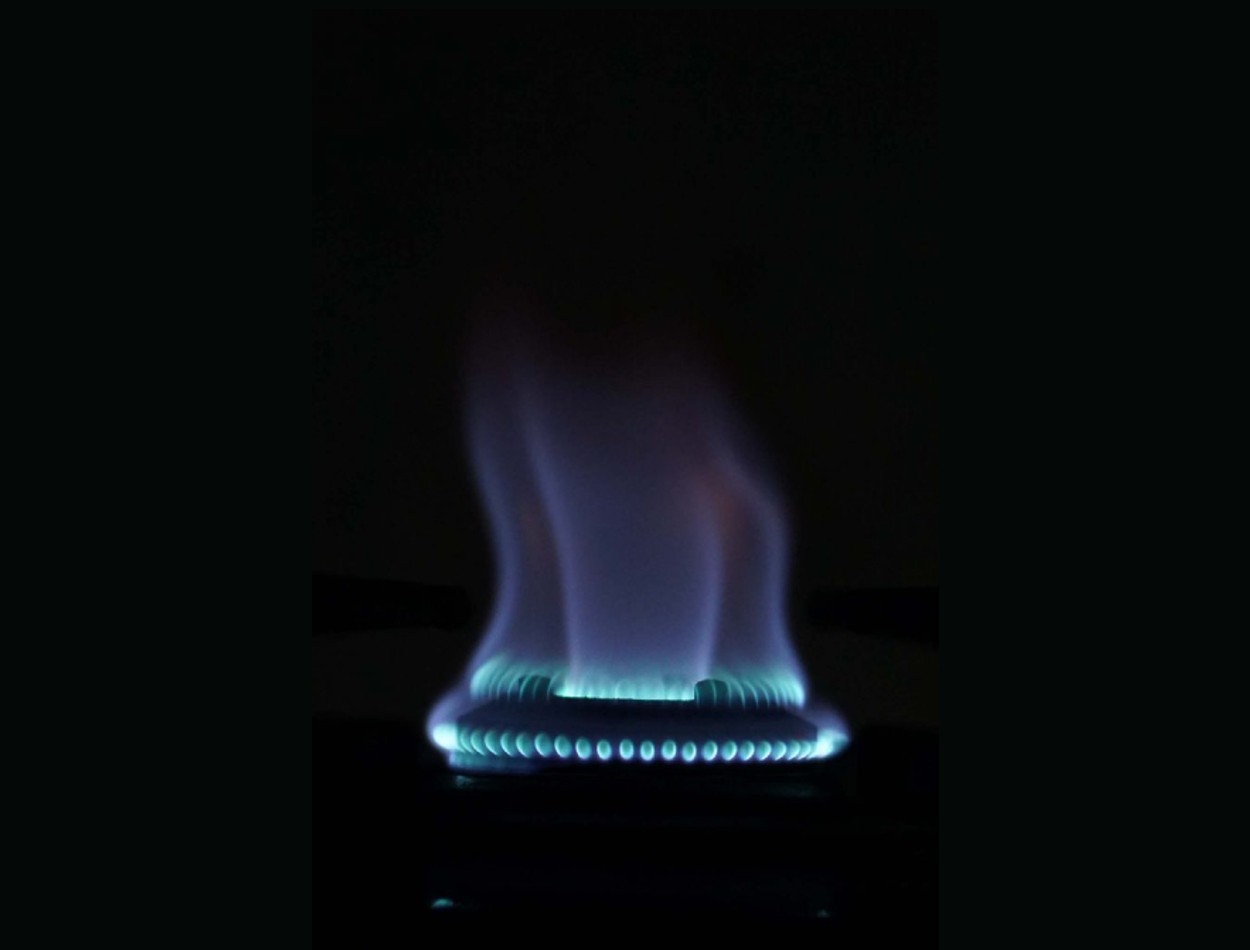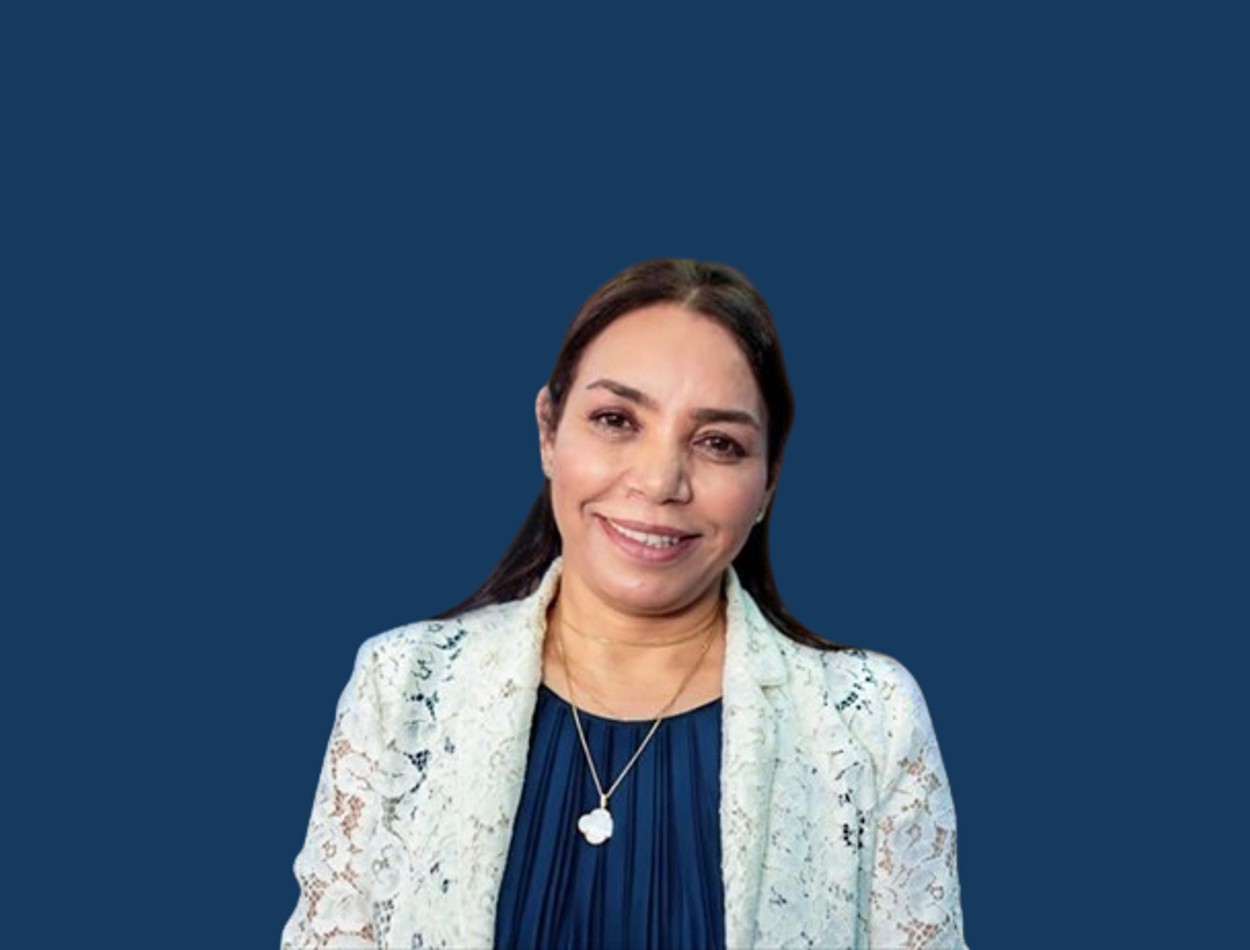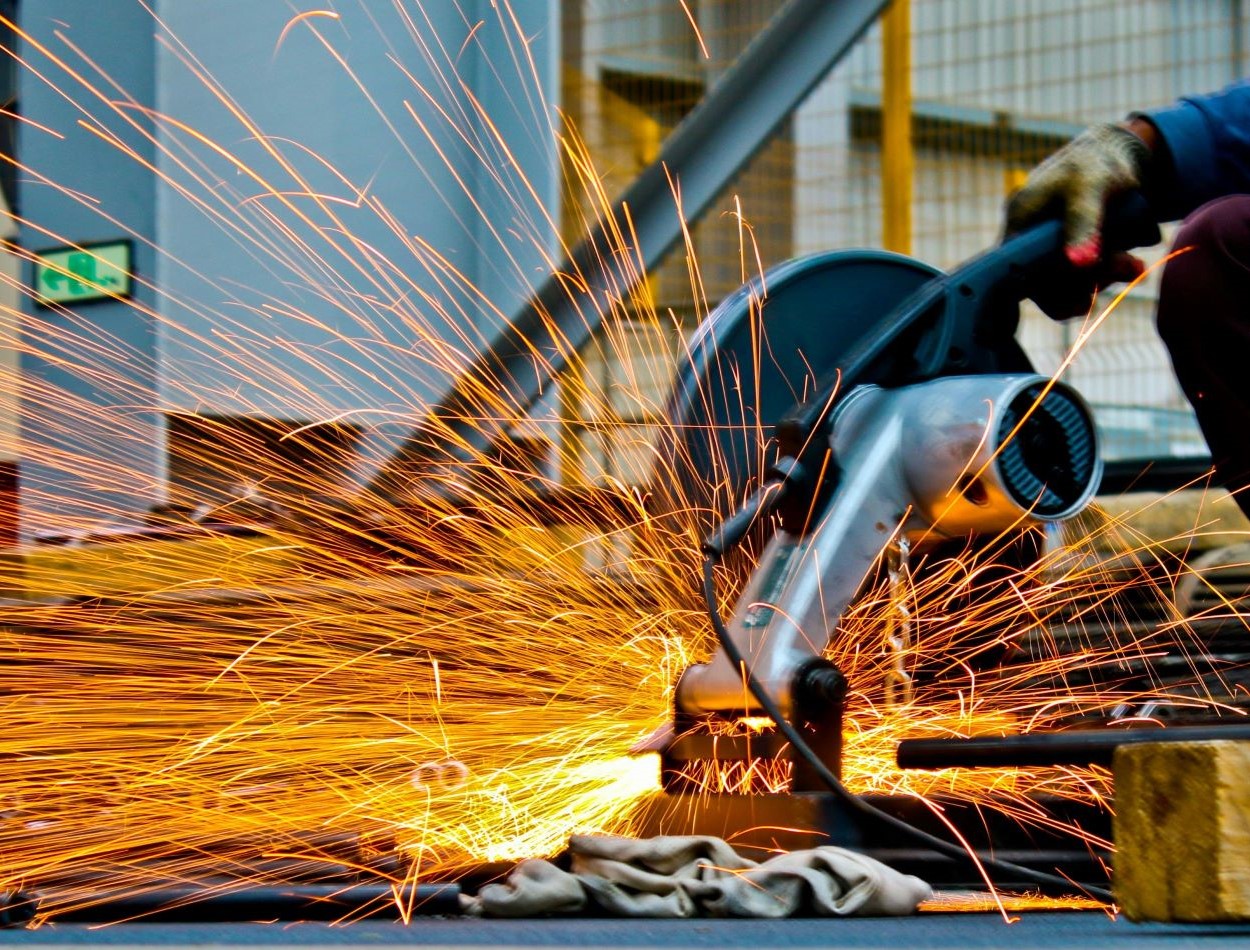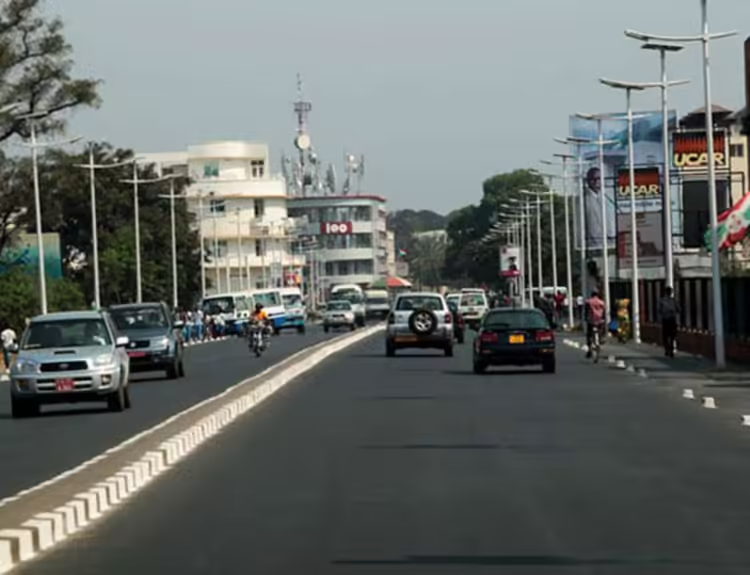The African Development Bank Group (AfDB) has committed about $2 billion in funding to clean cooking technologies in Africa over 10 years–a programme aimed at saving the lives of over 600,000 women and children every year.
The funding will account for the bank’s 20% allocation for energy projects. AfDB is among the leading financiers of large infrastructure projects in Africa, having funded roads, bridges, and big energy projects.
According to the bank’s President Akinwumi Adesina, the bank will support safe energy alternatives for cooking. Respiratory diseases caused by dirty cooking energy like wood fuel and charcoal are one of the leading causes of death in a number of African countries.
Adesina said at a summit in Paris, France that it was time to end the sight of African women and girls, backs bent bearing heavy loads, walking kilometres each day, often with a lack of security just to cook daily family meals. He noted that the tools for enabling clean cooking access are readily available and affordable but had not been sufficiently prioritised.
“Over 10 years, six million people, mainly women, will die prematurely. That is not acceptable. Access to clean cooking is about more than cooking, it is about dignity… It is more than about lighting a stove, it is about life itself. It is about fairness, justice, and equity for women.”
Akinwumi Adesina
$200 million per year
AfDB’s commitment of $200 million per year represents an important contribution to the $4 billion per year needed to allow African families to have access to clean cooking by 2030.
In addition to its dramatic toll on human lives, the lack of clean cooking facilities is one of the main causes of deforestation in Africa.
According to the International Energy Agency (IEA), 110 million hectares of forests in Africa out of the 200 million globally were at risk because of the climatic effects of cooking with charcoal, biomass, and wood.
“Providing access to clean cooking is not only right, fair and just—it is also the globally responsible thing to do.”
Adesina
Tanzania President Samia Suluhu told the gathering that successfully advancing the clean cooking agenda in Africa would contribute towards protecting the environment, climate, and health, and ensuring gender equality.
“This summit underscores our commitment to advancing this agenda and providing a framework towards universal adoption of clean cooking fuels and technologies across the continent.”
Tanzania President Samia Suluhu
Globally, the lack of access to clean cooking affects over two billion people—more than half of whom are in Africa, typically cooking over open fires and basic stoves. Using charcoal, wood, agricultural waste, and animal dung as fuel, they inhale harmful toxic fumes and smoke with dire consequences for health.
It is the second leading cause of premature death in Africa. Opportunities for education, employment, and independence are also severely impacted because women instead spend hours each day foraging for rudimentary fuels.
Asia—led by China and India in the lead—and Latin America have for the most part, succeeded in resolving the issue over the last 20 years. However, today in Benin, Ethiopia, Liberia, the Democratic Republic of Congo, Tanzania, more than 80% population still depends on biomass to cook their meals. In Nigeria, Kenya or Ghana, the figure is 70%.






